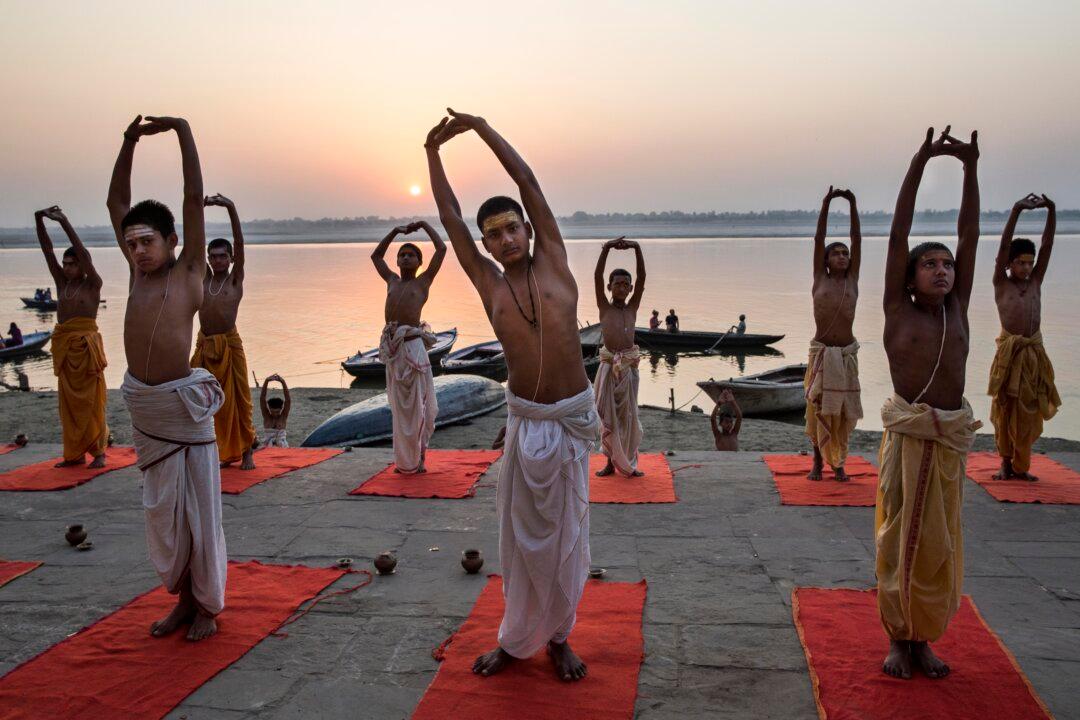NEW DELHI—The Indian government is encouraging traditional health care systems in the country, trying to popularize the medical knowledge that has been passed down for centuries.
For the first time since India gained Independence sixty-seven years ago, the government appointed a separate minister for promoting traditional medicine and practices, earlier this month.
The day before the announcement, Indian Prime Minister Narendra Modi said at the 6th World Ayurveda Congress in New Delhi that India’s health systems have been renowned around the world, but at home, they are being forgotten.
“Our ancient people considered health an aspect of living. Now health has been separated from living,” Modi bemoaned.
During the Ayurveda congress, the government sponsored free clinics to promote traditional medical treatments to the public.
The government said on Nov. 7 that it plans to better regulate and increase the quality of traditional Indian medicine so they can be sold on an estimated $100 billion global alternative medicine market.






